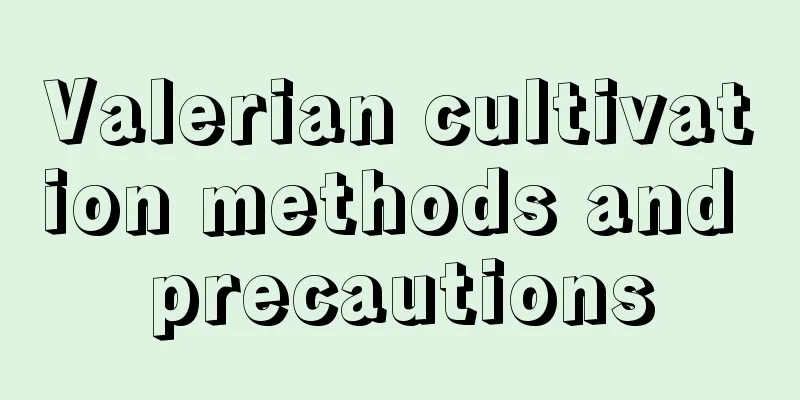What are the cultivation methods and precautions of pocket trees?

Pocket Tree IntroductionThe miniature palm is a plant of the genus Palmae in the family Arecaceae. It is native to Mexico and Guatemala. There are two main methods of reproduction, one is sowing and the other is division. The stem of the miniature tree is upright, the flowers are yellow and spherical, and the fruits are orange-yellow. Common varieties include dwarf coconut, miniature palm, and dwarf palm. Pocket tree cultivation methodThe pocket tree likes a warm, humid, semi-shady environment. The suitable growth temperature is between 15-30 degrees, including 19-30 degrees from May to September and 13-16 degrees from October to April of the following year. It has a high tolerance for light, but is not resistant to strong light and needs shade in summer. The miniature tree likes a moist environment with high air humidity. When the air is dry, you should spray water frequently to increase the air humidity and improve the glossiness of the leaves. Try to water as little as possible in winter to facilitate overwintering. The miniature tree potted plants can generally be prepared by mixing leaf mold, peat soil, river sand and a small amount of base fertilizer. Watering methodThe principle of watering the miniature tree is to keep it wet rather than dry. The potting soil needs to be kept moist at all times, but it is not tolerant to waterlogging, so the amount of watering needs to be controlled and water accumulation should not be caused. Fertilization methodThe miniature tree is not very demanding on fertilizer. Liquid fertilizer can be applied every half a month during the growth period. Stop fertilizing in late autumn and winter. Repot in spring every 2-3 years and add some basal fertilizer. Pruning methodsThe miniature tree can be pruned according to the previous shape, that is, cut at a sharp angle, but the incision should not be too large, and the pruning should not be too frequent. Once pruned, the newly pruned leaves will turn yellow again. Precautions for cultivating miniature treesThe pocket tree likes an environment with slightly higher air humidity. If the air is dry in summer and autumn, you should take measures such as spraying water on the leaves frequently to increase the environmental humidity. In addition, it likes sparse shade environment and avoids direct sunlight. It can be maintained under diffuse light and ventilated frequently. |
<<: What are the cultivation methods and precautions for lucky bamboo potted plants?
>>: Should I use a large or small pot for Begonia?
Recommend
How to trim glass jade
Time and method During the seedling growth period...
How to fertilize lily and what fertilizer is best
1. Fertilization time Lily has relatively high re...
Can passion fruit seeds be eaten? How to eat them?
1. Can I eat it? Passion fruit seeds are edible b...
Is it profitable to grow ginger? The yield and profit of growing ginger
Is it profitable to grow ginger? The cost of grow...
The difference between Buddha lotus and Guanyin lotus
1. Difference The Buddha's Throat Lotus and t...
How to prepare soil for planting yew and what soil to use
Soil requirements for yew Yew trees prefer soil w...
How to top and prune Desert Rose?
Desert rose is a succulent plant with thick stems...
What kind of soil is good for tiger lily
1. Sandy soil It does not strictly require a cert...
How to manage grapes in spring
1. Pruning After the spring, the grape vines need...
Kiwifruit grafting technology
1. Grafting conditions 1. Temperature Whether the...
Three classic ways to eat yacon. How much should you eat in a day?
1. Three classic ways of eating 1. Eat raw: Pick ...
How to Plant Arugula Seeds
Arugula Seed Introduction The seeds of arugula gr...
The reason why Kalanchoe is lush but does not bloom
1. Excessive application of nitrogen fertilizer 1...
Disease and Pest Control of Rhododendron serrata
1. Brown spot disease One of the most common dise...
When is the best time to repot black pine? Time and precautions for repotting
Time to repot black pine Black pine needs to be r...









